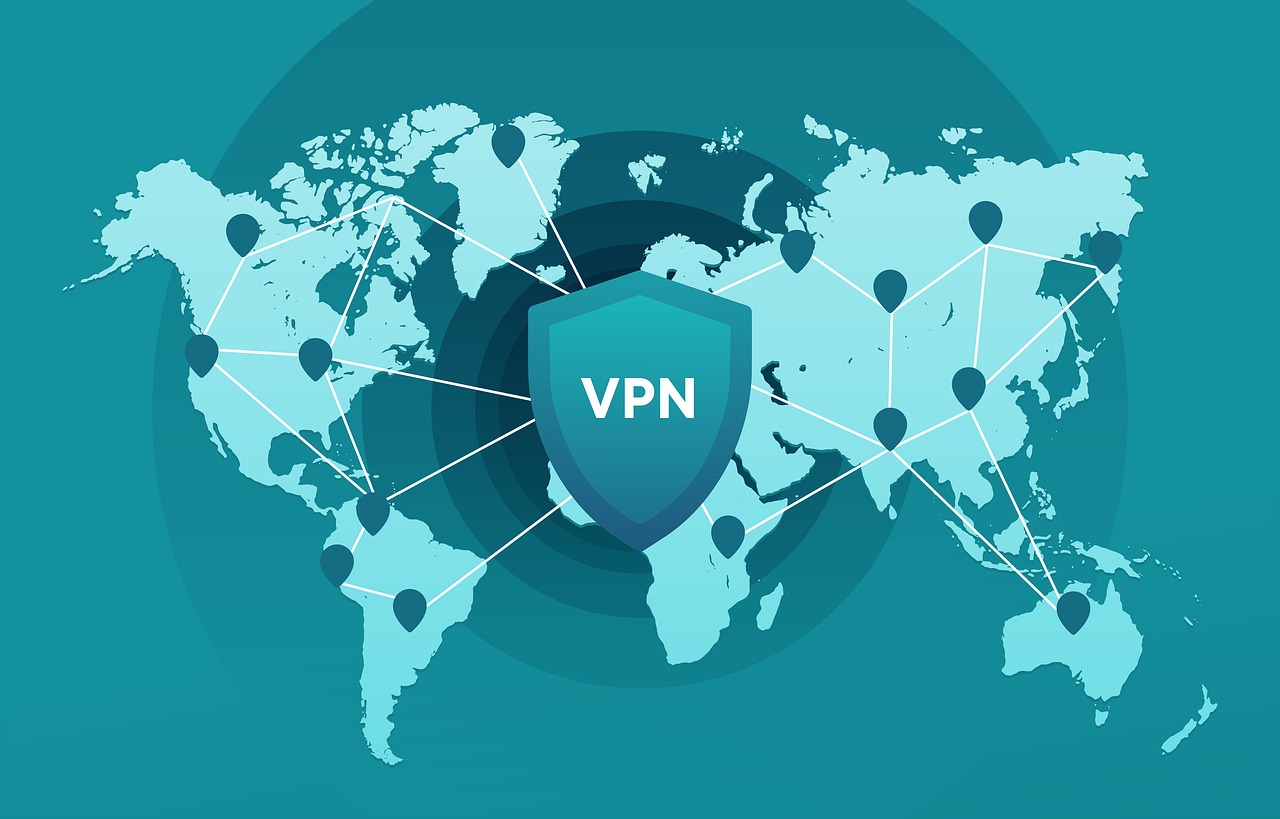In an era where online privacy and security are paramount, Virtual Private Networks (VPNs) have emerged as essential tools for internet users worldwide. Whether you’re concerned about safeguarding your personal information from hackers, accessing geo-restricted content, or ensuring anonymity while browsing the web, a VPN can provide peace of mind and enhanced online freedom. In this comprehensive guide, we’ll delve into the world of VPNs, exploring their functionality, benefits, and how to choose the right VPN for your needs.
What is a VPN?
A Virtual Private Network (VPN) is a technology that establishes a secure and encrypted connection between your device and the internet. By routing your internet traffic through a remote server operated by the VPN provider, VPNs shield your online activities from prying eyes, including ISPs (Internet Service Providers), government agencies, and cybercriminals.
How Does a VPN Work?
When you connect to a VPN server, your internet traffic is encrypted before it leaves your device, ensuring that even if intercepted, your data remains unreadable to unauthorized parties. The encrypted data is then transmitted through the VPN server to the intended destination on the internet. This process effectively masks your IP address and location, making it appear as though your connection originates from the VPN server’s location.
Benefits of Using a VPN:
- Enhanced Security: VPNs encrypt your internet traffic, protecting your sensitive information from interception by malicious actors, such as hackers or data snoopers on public Wi-Fi networks.
- Privacy Protection: By hiding your IP address and encrypting your online activities, VPNs prevent ISPs, advertisers, and government agencies from tracking your browsing habits and collecting data about you.
- Access to Geo-Restricted Content: VPNs allow you to bypass geographical restrictions imposed by streaming services, websites, and online platforms, granting you access to content that may be blocked in your region.
- Anonymous Browsing: VPNs conceal your true IP address, providing anonymity and privacy while surfing the web. This is particularly useful for individuals seeking to avoid targeted advertising or censorship based on their location.
Choosing the Right VPN:
When selecting a VPN provider, it’s essential to consider factors such as:
- Security Features: Look for VPNs that offer robust encryption protocols, a strict no-logs policy, and features like kill switches and DNS leak protection to ensure maximum security and privacy.
- Server Network: Choose a VPN with a wide range of server locations worldwide, allowing you to access geo-restricted content and maintain optimal connection speeds.
- User-Friendly Interface: Opt for VPNs with intuitive and user-friendly applications across various devices, making it easy to connect and navigate the VPN service.
- Speed and Performance: Test the VPN’s speed and performance to ensure it meets your needs for seamless browsing, streaming, and downloading without significant slowdowns.
Conclusion:
In conclusion, Virtual Private Networks (VPNs) offer a myriad of benefits, from enhancing online security and privacy to enabling access to geo-blocked content. By understanding how VPNs work and selecting the right provider for your needs, you can enjoy a safer, more secure, and more unrestricted internet experience. Whether you’re a casual internet user or a privacy-conscious individual, integrating a VPN into your online toolkit is a proactive step towards safeguarding your digital presence and reclaiming control over your online privacy.







